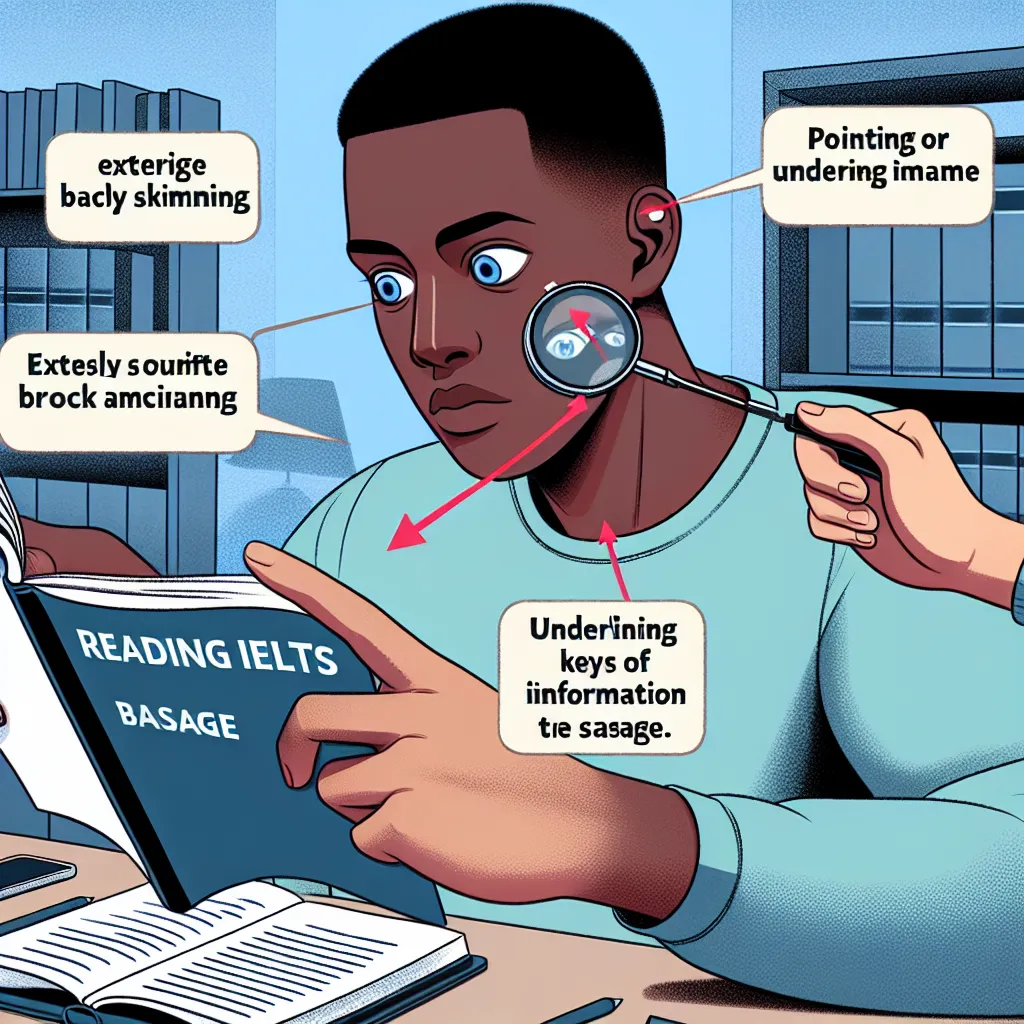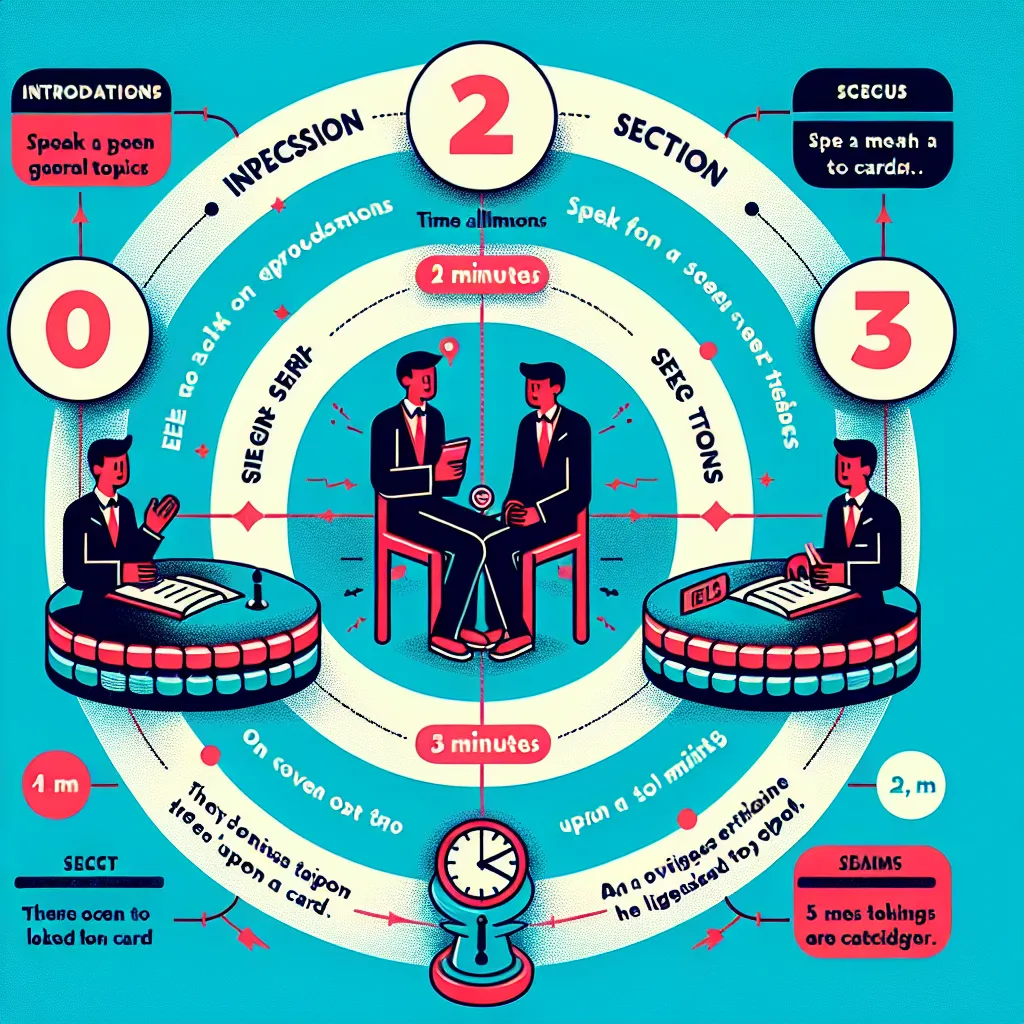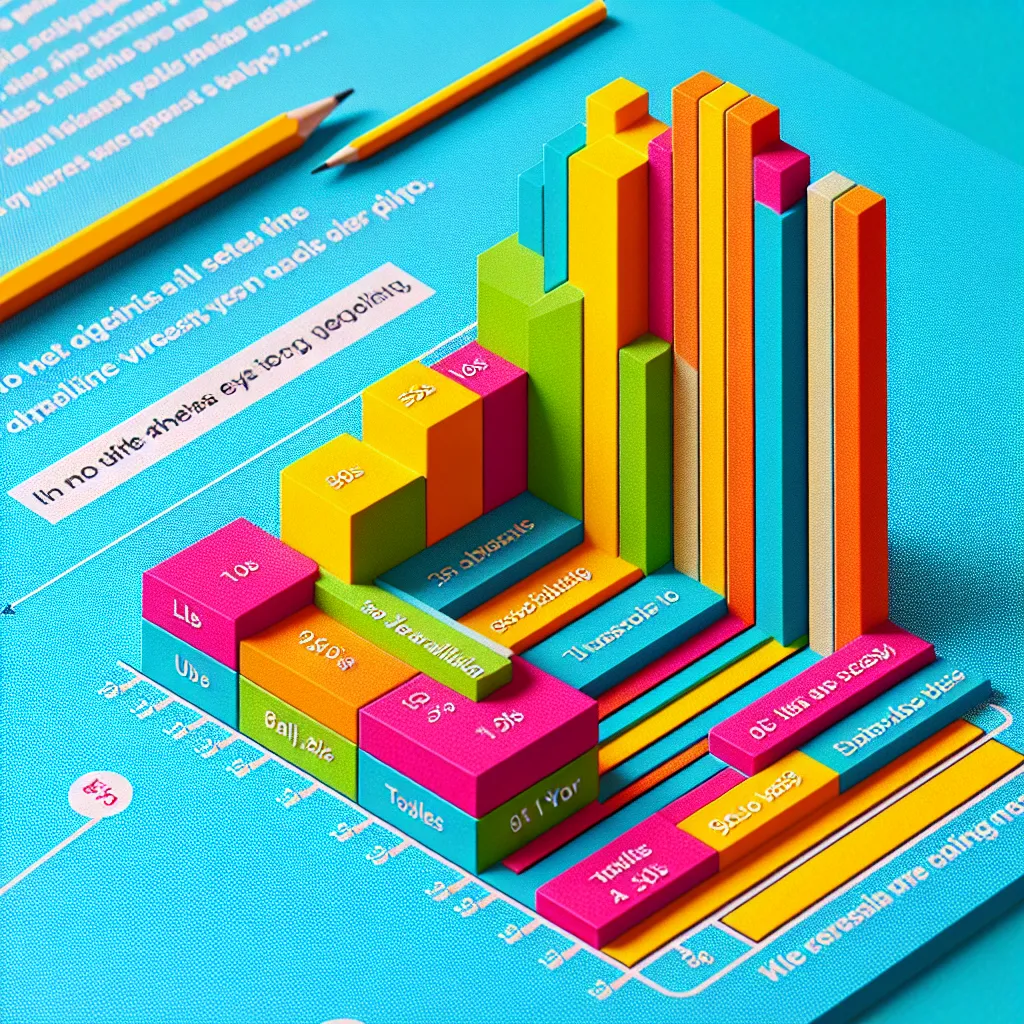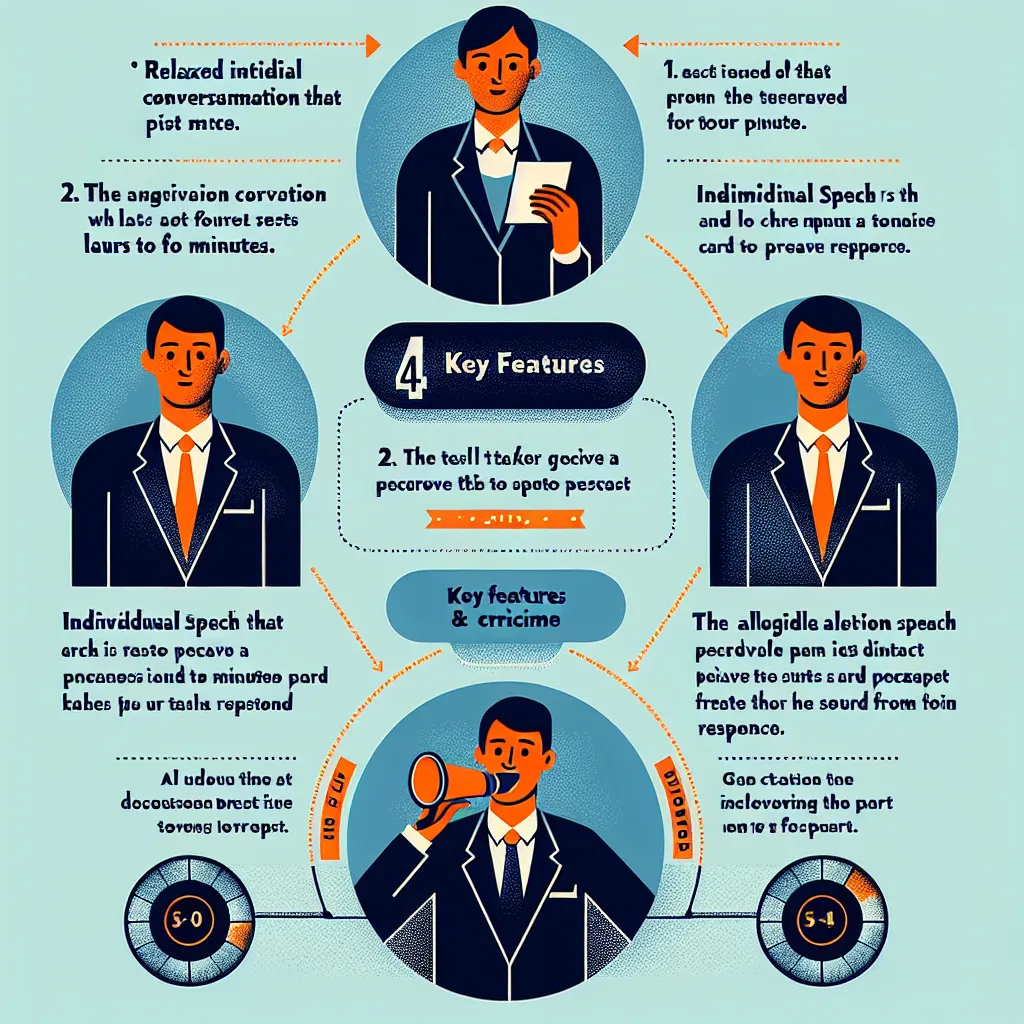Time management is a crucial skill for success in the IELTS exam. With strict time limits for each section, knowing how to allocate your time effectively can make the difference between a good score and a great one. In this comprehensive guide, we’ll explore expert strategies to help you manage your time efficiently during the IELTS test.
Understanding the IELTS Time Constraints
Before diving into specific strategies, it’s essential to understand the time limits for each section of the IELTS exam:
- Listening: 30 minutes (plus 10 minutes transfer time)
- Reading: 60 minutes
- Writing: 60 minutes
- Speaking: 11-14 minutes
These time constraints can be challenging, especially for non-native English speakers. However, with proper preparation and practice, you can learn to work within these limits effectively.
 IELTS Exam Time Management
IELTS Exam Time Management
General Time Management Tips for IELTS
1. Practice with Timed Tests
One of the best ways to improve your time management skills is to practice under exam conditions. Take full-length practice tests, timing yourself for each section. This will help you get a feel for the pace you need to maintain during the actual exam.
2. Wear a Watch
While there will be clocks in the exam room, wearing your own watch allows you to keep track of time without constantly looking up. Choose a simple, non-digital watch to avoid any issues with electronic devices during the exam.
3. Read Instructions Carefully
Spend the first minute of each section carefully reading the instructions. This may seem like wasted time, but it can save you from costly mistakes later on.
4. Allocate Time for Each Question
Before starting each section, quickly calculate how much time you can spend on each question. For example, in the reading section, you have 60 minutes for 40 questions, so aim to spend about 1.5 minutes per question.
Section-Specific Time Management Strategies
Listening Section
- Use the time between recordings to read ahead and anticipate answers.
- Don’t spend too long on any single question; if you’re unsure, make an educated guess and move on.
- Use the 10-minute transfer time wisely to check your answers and fill in any blanks.
Reading Section
- Spend about 20 minutes on each of the three passages.
- Use skimming and scanning techniques to quickly locate relevant information.
- For longer answer types (e.g., matching headings, completing summaries), allocate slightly more time.
 IELTS Reading Techniques
IELTS Reading Techniques
Writing Section
-
Task 1 (20 minutes):
- Spend 2-3 minutes analyzing the task and planning your response.
- Use 15 minutes to write your answer.
- Reserve 2-3 minutes for proofreading.
-
Task 2 (40 minutes):
- Allocate 5 minutes for planning.
- Spend 30 minutes writing your essay.
- Use the last 5 minutes for review and editing.
Speaking Section
While the speaking section is the shortest, time management is still important:
- Listen carefully to the questions to avoid wasting time asking for repetition.
- Speak at a natural pace; rushing can lead to mistakes.
- Use the full time given for each part, especially in Part 2 (the long turn).
Common Time Management Mistakes to Avoid
-
Spending too long on difficult questions: If you’re stuck, make an educated guess and move on.
-
Not leaving time for review: Always reserve a few minutes at the end of each section to check your answers.
-
Rushing through instructions: Taking an extra moment to understand what’s required can save time in the long run.
-
Panicking when time is running low: Stay calm and focused, even if you feel pressed for time.
-
Not practicing time management: Familiarizing yourself with the time constraints before the exam is crucial.
Next Steps: Putting Time Management into Practice
Now that you understand the importance of time management in IELTS, it’s time to put these strategies into practice:
- Take a full-length practice test, implementing the time management techniques discussed.
- Analyze your performance, identifying areas where you struggled with time.
- Focus on improving your speed in weaker areas through targeted practice.
- Gradually increase the difficulty of your practice tests as you become more comfortable with time management.
Remember, effective time management is a skill that improves with practice. The more you familiarize yourself with the IELTS format and time constraints, the more confident and efficient you’ll become on test day.
By mastering these time management strategies, you’ll be well-equipped to tackle the IELTS exam with confidence, maximizing your potential to achieve the score you desire. Good luck with your IELTS preparation!
[internal_links]
- IELTS Listening Tips and Tricks
- Mastering IELTS Reading: Strategies for Success
- IELTS Writing Task 1 and 2: A Comprehensive Guide
- Ace Your IELTS Speaking Test: Expert Advice
[/internal_links]




